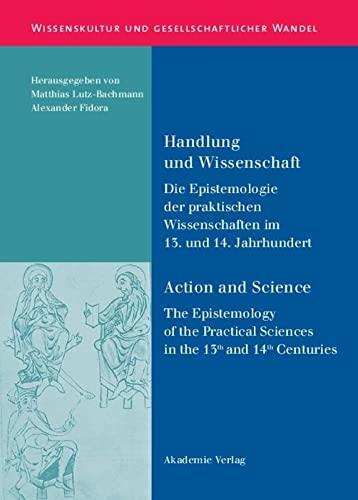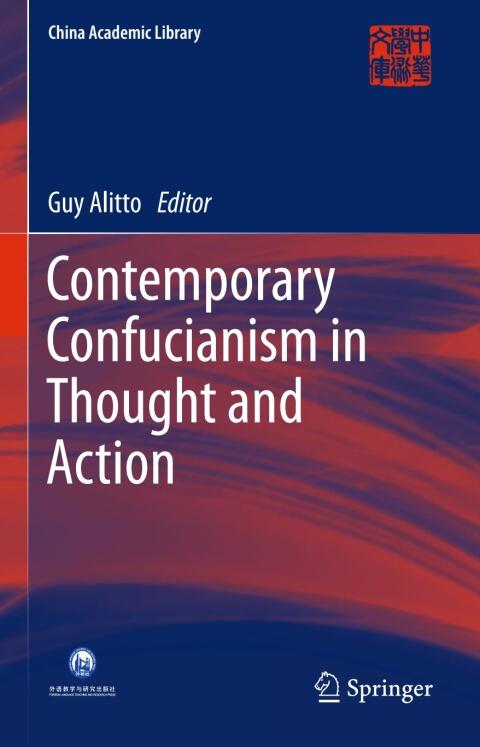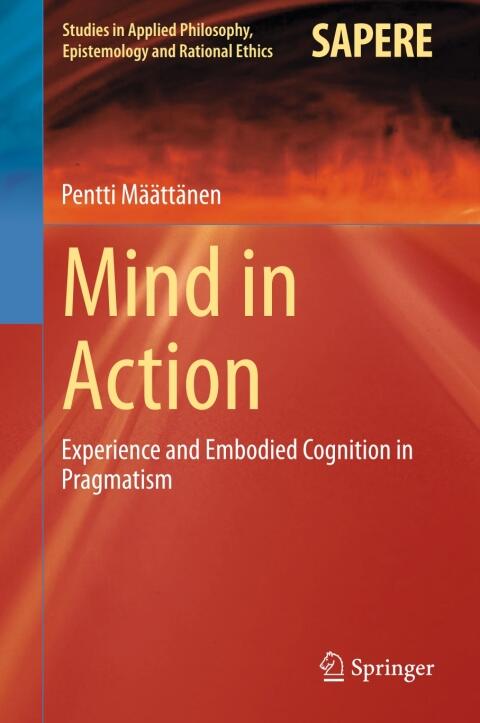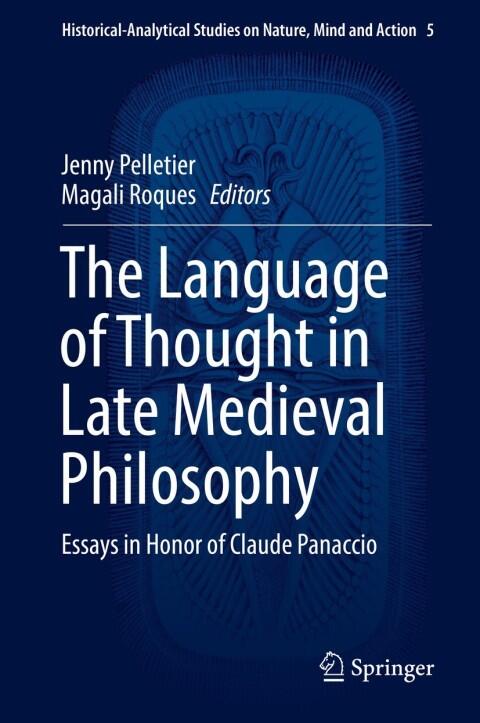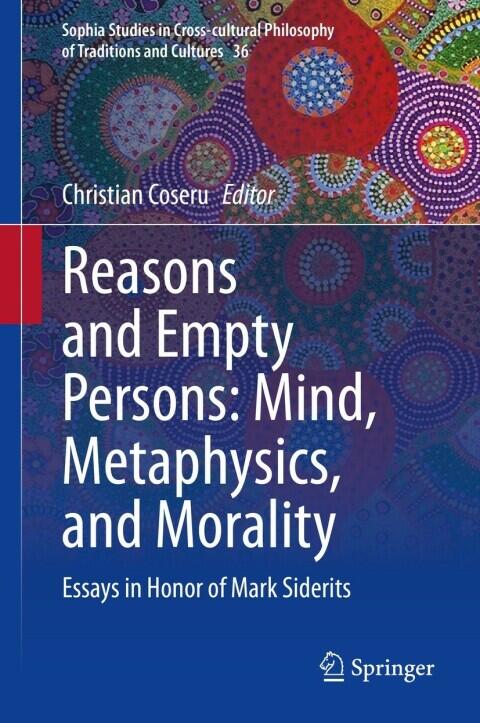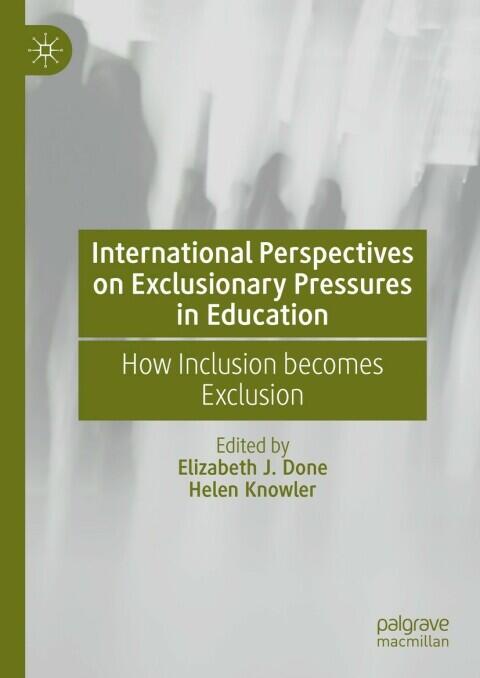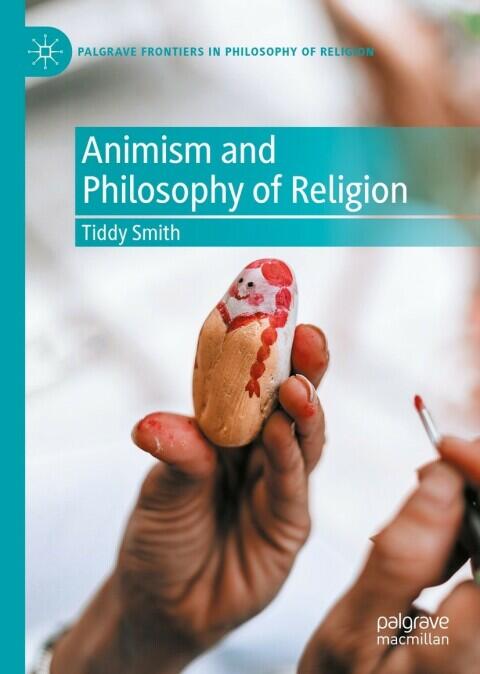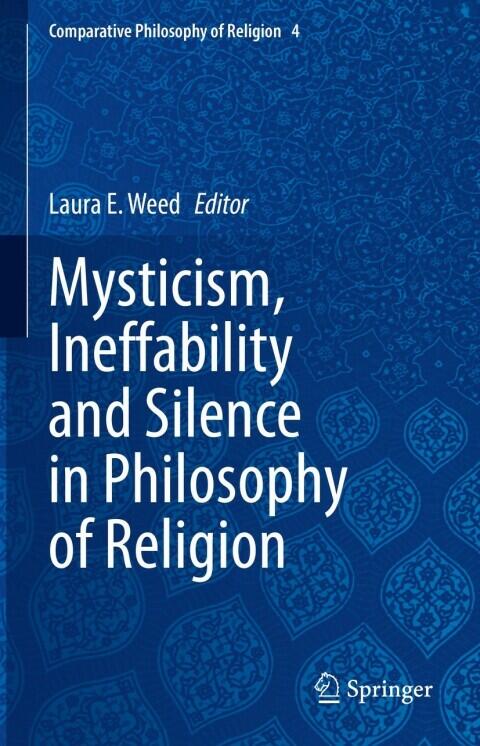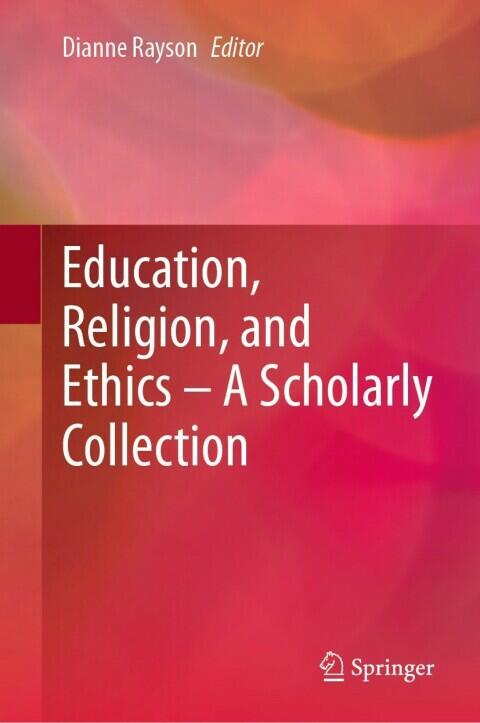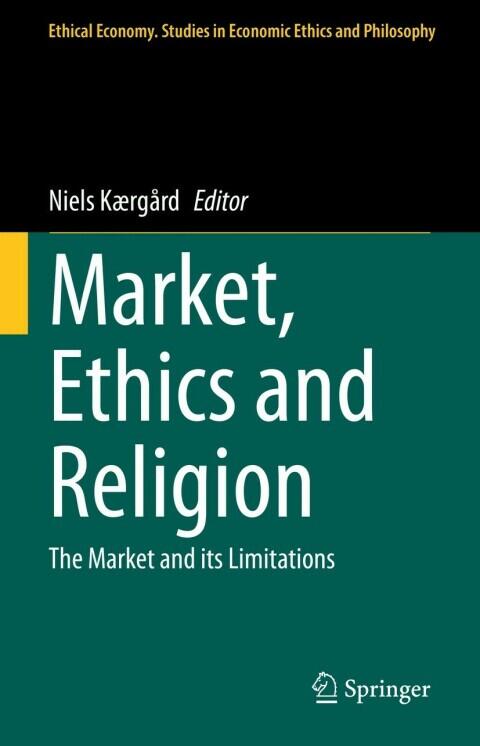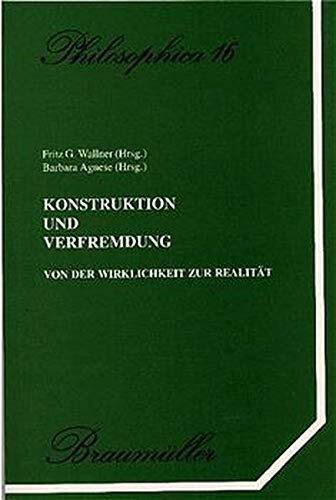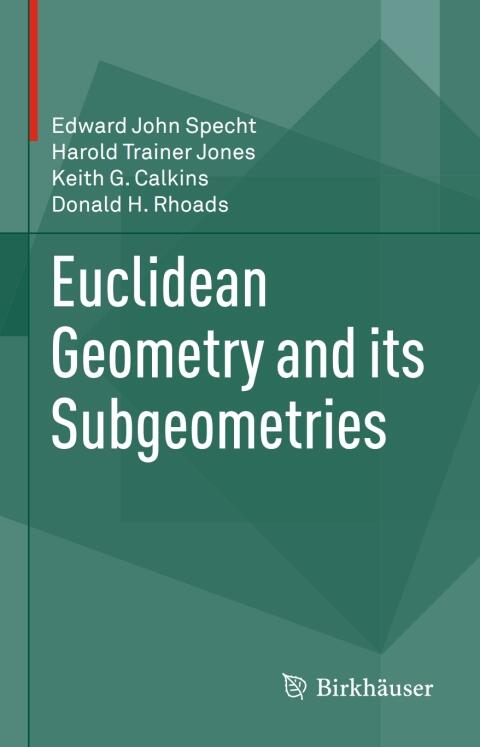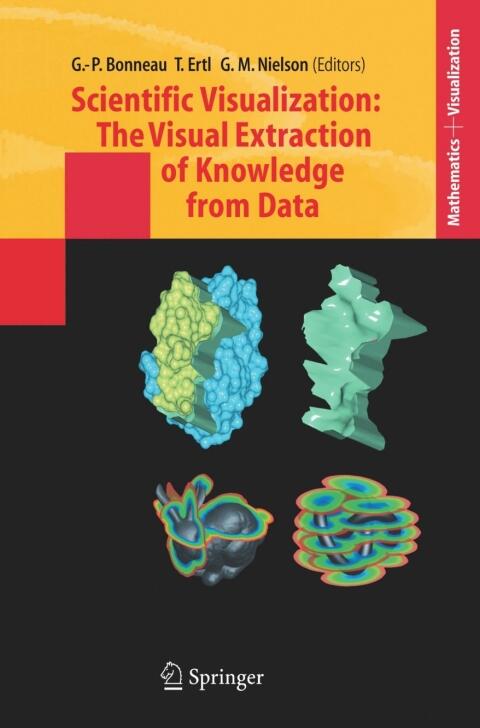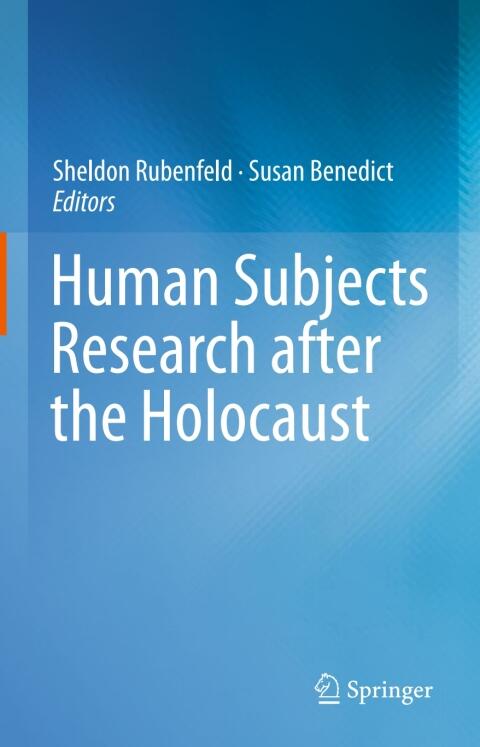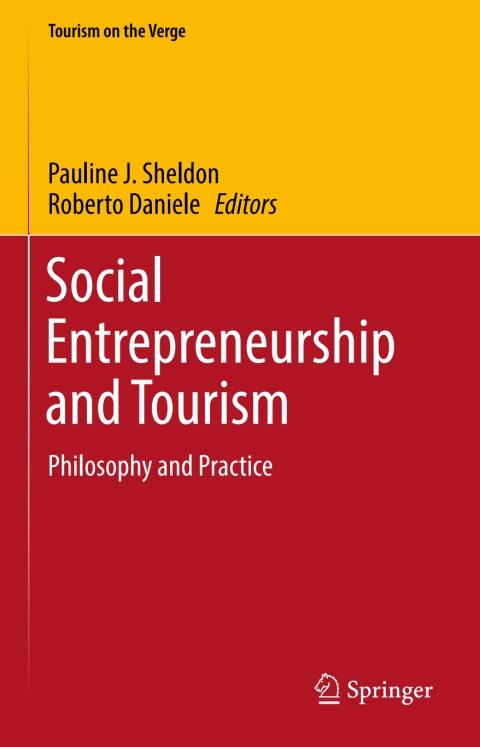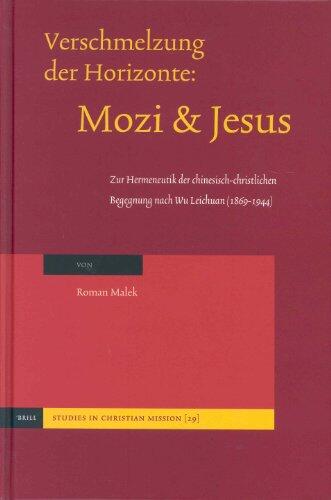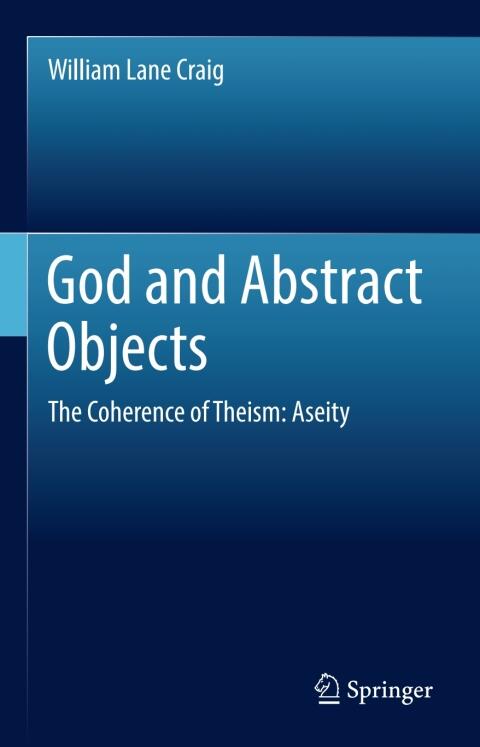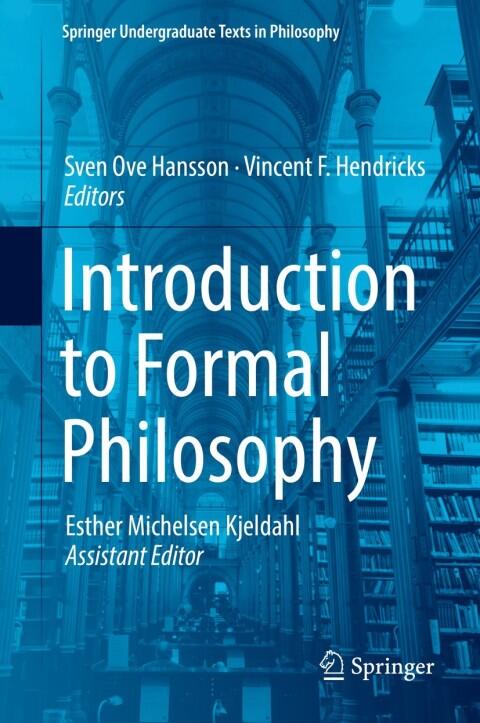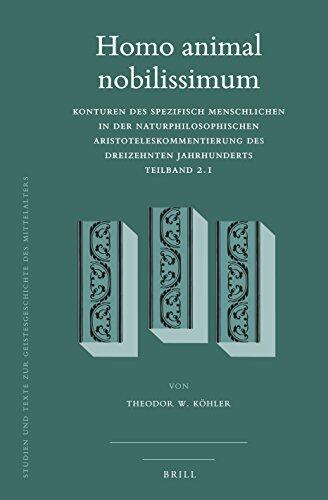
Homo Animal Nobilissimum : Konturen Des Spezifisch Menschlichen in Der Naturphilosophischen Aristoteleskommentierung Des Dreizehnten ... Des Mittelalters
Ainda sem avaliações
Thriller & Suspense
Action & Adventure
Philosophy
Formato
Capa dura
Páginas
2
Idioma
Alemão
Publicado
Sep 8, 2014
Editora
BRILL
ISBN-10
9004278303
ISBN-13
9789004278301
Descrição
Theodor W. Köhler delves into the intricate relationship between humanity and nature in his exploration, focusing on the philosophical viewpoints of Aristotle as interpreted during the medieval period. Through a detailed examination of Aristotelian texts, he presents an enlightening discussion on the unique attributes that distinguish humans from other animals.
Köhler's work is not merely an academic treatise; it showcases the profound ways in which nature and human existence intertwine. He argues that understanding these connections aids in comprehending the essence of human identity within the natural world. By situating Aristotle's insights alongside medieval interpretations, he highlights the evolution of thought regarding human dignity and the concept of nobility among living beings.
The two volumes are rich with historical context, emphasizing shifts in philosophical thought from ancient to medieval times. Köhler's meticulous annotations and analyses invite readers to engage deeply with the text, ensuring that both scholars and those with a casual interest can glean valuable insights.
In a world where the boundaries of human and animal often blur, Köhler's exploration serves as a crucial reminder of the unique responsibilities of humanity toward the ecosystem. It beckons readers to reflect on their place within the larger tapestry of life and the moral implications of that position.
Köhler's work is not merely an academic treatise; it showcases the profound ways in which nature and human existence intertwine. He argues that understanding these connections aids in comprehending the essence of human identity within the natural world. By situating Aristotle's insights alongside medieval interpretations, he highlights the evolution of thought regarding human dignity and the concept of nobility among living beings.
The two volumes are rich with historical context, emphasizing shifts in philosophical thought from ancient to medieval times. Köhler's meticulous annotations and analyses invite readers to engage deeply with the text, ensuring that both scholars and those with a casual interest can glean valuable insights.
In a world where the boundaries of human and animal often blur, Köhler's exploration serves as a crucial reminder of the unique responsibilities of humanity toward the ecosystem. It beckons readers to reflect on their place within the larger tapestry of life and the moral implications of that position.
Avaliações
Nenhuma avaliação ainda
Seja o primeiro a avaliar este livro e compartilhe seus pensamentos
Adicione a Primeira AvaliaçãoRegistro de Leitura
Nenhum registro de leitura encontrado
Comece a rastrear seu progresso de leitura para ver os registros aqui
Adicione Seu Primeiro Registro de LeituraNotas
Registro de transações
Nenhum registro de transações encontrado
Comece a rastrear suas transações de livros para ver os registros aqui
Adicione seu primeiro registro de transações